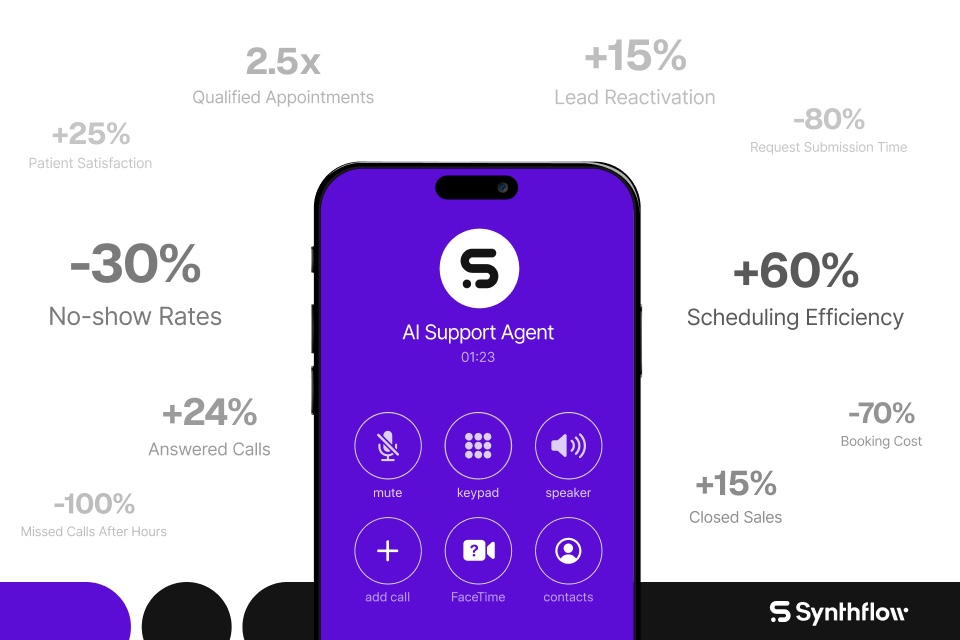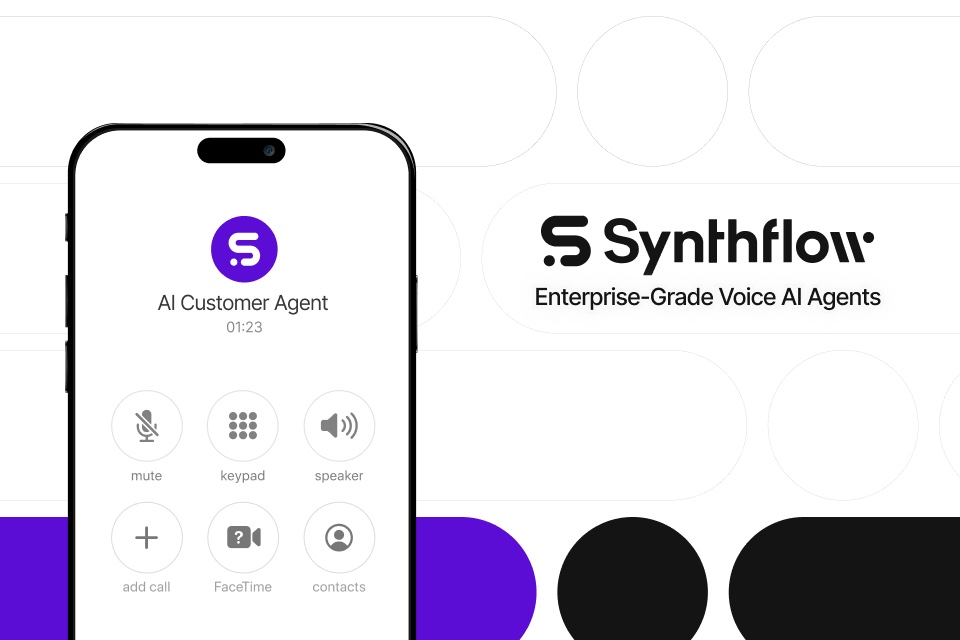In 2025, the contact centre industry finds itself at a crossroads. Automation is accelerating, customer expectations are rising, and the tools of the past are no longer enough to meet the moment. While many organisations are investing in digital transformation, the data tells a clear story: 72% of consumers still prefer to resolve customer service issues over the phone. Voice remains the most trusted channel for support—what’s changing is who, or what, is on the other end of the line.
Yet for many contact centres, the voice experience hasn’t kept pace with modern expectations. Traditional IVR menus and scripted bots often feel like dead ends that are impersonal, slow and downright frustrating. One in three customers even say they’ve had negative or neutral experiences with AI-driven support. The problem isn’t the channel; it’s the limitations of outdated technology.
Voice AI changes the equation by enabling machines to converse more like humans. Unlike legacy systems, modern voice AI understands emotion, tone, intent, and nuance in real time. It adapts to accents, handles interruptions, and responds with natural pacing and inflection. The result is a conversation that feels less like code and more like care.
This leap forward has been powered by large language models like GPT. These models enable AI agents to move beyond decision trees and engage in open-ended, empathetic dialogue. Rather than guiding users through rigid scripts, voice AI listens, interprets, and reacts just as a skilled human agent would.
For early adopters, the payoff has been striking. Businesses across sectors are reporting sharp improvements in customer-facing metrics: a 2.5x increase in qualified appointments, a 24% rise in answered calls, and a 12% boost in closed sales. For example, healthcare providers have seen patient satisfaction climb by up to 25%. These gains reflect a meaningful shift in what Voice AI can deliver.
Achieving this level of performance, however, is no small feat. Unlike text, voice data is messy, spontaneous, and deeply emotional. Systems must process these complexities instantly, without latency, while maintaining precision across thousands—sometimes millions—of daily interactions. It’s why many vendors still struggle to scale voice AI with consistency and quality.
Some platforms, however, have been engineered for exactly this challenge. Synthflow, for example, supports over three million calls daily across 1,500+ clients, balancing scale with conversational nuance. Its industry-leading rapid deployment of just three weeks was recently recognized by G2 as the fastest AI agent implementation in the market. And at just £0.06 per minute, it delivers this quality at a price point built for enterprise-grade businesses with high call volumes.
But performance isn’t just about speed and affordability—it’s about trust. For industries where data protection is critical, Synthflow adheres to leading standards including GDPR, SOC 2, and HIPAA. Its platform is built for multilingual and regional fluency, ensuring conversations feel native to UK callers. And with dedicated support teams guiding integration and optimisation, execution stays as seamless as the conversations themselves.
These capabilities matter because contact centres are evolving from service desks into brand-building touchpoints. Voice AI enables them to scale without sacrificing empathy, automate without alienating, and extend hours without increasing headcount. It’s not simply replacing humans—it’s augmenting them in smarter, more strategic ways. In this regard, the contact centre is no longer a cost centre but a driver of loyalty and growth.
As Synthflow CEO Hakob Astabatsyan puts it, choosing the right partner comes down to rigour, readiness, and alignment with CX goals. Fast implementation, emotional intelligence, and compliance aren’t luxuries, but requirements for modern service teams. The earlier organisations start, the faster they learn, refine, and lead. In the landscape of customer experience, timing and trust make all the difference.
Voice AI is not a promise on the horizon—it’s a competitive edge unfolding in real time. For the contact centre industry in the UK, it marks a shift from automation as efficiency to automation as experience. And for customers, it means that being heard is no longer just possible. It’s finally expected.




